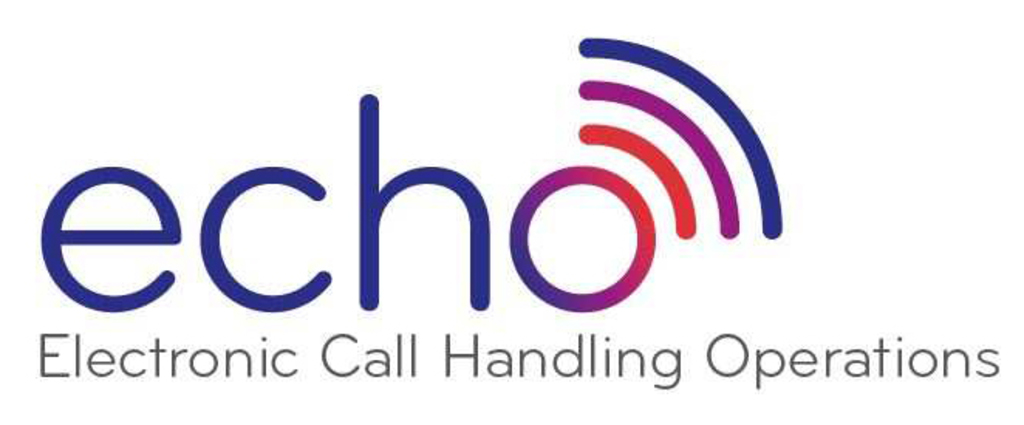

|
Brian Sims
Editor |
| Home> | Security | >Intruder Alarms | >Feeling secure - June 2018 |
Feeling secure - June 2018
11 May 2018
David Wilkinson explains how security and fire industries are working together to take up the challenge of the new Electronic Call Handling Operation (ECHO) project

THE BRITISH Security Industry Association (BSIA) has been working closely with the Fire Industry Association (FIA) and the Fire & Security Association to develop a new Electronic Call Handling Operation (ECHO), which aims to combine current call handling systems into one nationally recognised solution.
Unwanted alarm signals have been exercising police and fire services’ call handling for many years, and in order to tackle this ongoing problem these services have been taking radically different approaches. Using different forms of technology to fit their requirements, the Police have adopted a national approach providing a Unique Recognition Number (URN) to systems that have been installed to accredited third party validated standards, whereas the fire and rescue service has adopted a whole range of approaches, from non-attendance to any call from an Alarm Receiving Centre (ARC), to full attendance to all such calls.
Though ECHO will initially focus on automating the call handling process from ARCs to the emergency services, it will bring about the ability to automate Police URN management as well as exploit the potential for delivering both automated audio and visual alarm confirmation. Despite the fact a similar service to this has been successfully piloted for some time with a limited number of alarm companies and police forces, the ECHO project has aspirations in enabling the technology to be rolled out to other police and fire control rooms.
The problem with the current system’s capability is that it is a manual operation, which leads to the possibility of human error and delays in responding to emergency service incident response. The ECHO project team’s proposal is to move from manual response handling to a centralised fully automated end-to-end electronic alarm handling ability, aimed at reducing call handling times and the incidences of error, while alleviating pressure on the emergency services and the aforementioned ARCs. This migration to an electronic medium has the potential to also add value by providing a realistic opportunity to apply and manage URNs online.
The eventual ECHO service is expected to be subscription-based, most likely calculated annually on the number of unique reference numbers (URNs) managed by ARCs and will be managed online. This will ensure the operation of ECHO can be sustained year on year, consistently delivered by industry partners.
Following discussions between the National Police Chiefs Council (NPCC) and the private security industry, the decision to implement electronic transfer has been agreed meaning the NPCC security systems policy citing a date of 2020 for all ARCs to be operating on an electronic platform. The project hopes that by 2020 a full technical requirement specification for the ECHO system, including a viable financial operating model for the company and a project plan for the delivery of the operating company will be fully operational.
The first phase of ECHO will automate the current phone call from the ARC to the emergency services as a digital electronic machine to machine event. Once confirmation that the alarm has been received and understood, a signal will be sent from the responding service (also as a machine to machine event), back to the ARC. This will also provide for the responding key holder information being tagged to the alarm event. The responding service will send an event close/stop message with an outcome to the ARC via machine to machine.
The second phase will look to automate the URN management, including application, approval and payment system possibly via a cloud base application process. This will improve the efficiency and accuracy of data to ensure it is consistent between installers, ARCs and the emergency services. Later phases proposed include; system enhancement to send additional event traffic information about the event, i.e. roller shutter door (open rear of property), or fire alarm (zone 3 third floor of building) and a further enhancement to phase 3 enabling further live situation data to be presented from typically video or audible equipment from the premises.
ECHO represents a real opportunity to generate significant savings in emergency response resources, both through fewer errors being made and a potential increase in the effectiveness of the emergency response by all participating services. Taking the longer view its potential is immense, with critical infrastructure across all sectors of society, from hospitals to heritage all potentially benefitting from enhanced alarm transmission that offers all services to benefit from reduced false alarms.
David Wilkinson is director of technical services at BSIA. For more information, visit www.echo.uk.net
- The Last Word - January 2021
- Launch of Christmas cash in transit robbery campaign
- Feeling secure - October 2017
- Fighting back
- Feeling secure - December 2018
- Feeling secure - November 2018
- BSIA urges action over attacks on ATMs
- British Security Awards 2020 – regional rounds announced
- Feeling secure - September 2018
- Feeling secure - April 2018











